Lund's Pilot City Activity: CoPilot Lund

©Wikipedia|Olena Siergieieva|2011|Lunds universitetsbibliotek
Background
Lund faces a growing need for significant investments in housing, welfare, and infrastructure due to its expanding population. The municipality has set ambitious climate goals, aiming for climate neutrality by 2030. However, challenges exist in extending climate initiatives beyond the municipal sphere, requiring collaboration with external stakeholders. The complexity of system-level changes necessitates expertise from various departments and engagement with private partners. With an estimated 80% of required investments lying outside the municipal mandate, Lund seeks to break internal silos, enhance competencies across departments, and collaborate with the financial sector. The pilot activity aims to address these challenges by establishing a new city transition support function, fostering collaboration between departments, and engaging external stakeholders for financing and investment in climate-related initiatives. The success of these efforts is crucial to achieving Lund’s climate goals and ensuring a sustainable future amid the city’s growth.
The city transition function will develop a new governance model for climate transition including a climate project portfolio management model, a structured multi-stakeholder collaboration model and a model for impact follow up on stakeholder ecosystem level.
Description of Activities
The CoPilot Lund activities include:
- Establishing a new governance model, including a coherent model for climate project management, climate transition stakeholder collaboration, and impact follow up on stakeholder ecosystem level, as well as a transition support function.
- Building Internal Competencies: Increasing climate transition competencies across various departments to encourage a more holistic and integrated approach to decision-making.
- Climate project portfolio management, to better understand success factors and gaps in the city’s total project portfolio, using this for better informed priorities and decisions.
- Financial Model Exploration: Investigating and developing a financial analysis model for climate projects, and explore new financing methods such as blended financing or coordinated actions, both to integrate this into the local government budget process, and to attract diverse funding sources and support large-scale climate investments.
- Establishment of Climate Project Impact Analysis Routes: Implementing a structured approach to climate impact analysis, including co-benefits.
- Collaboration Enhancement: Facilitating collaboration between different departments and external stakeholders to leverage expertise, resources, and funding for climate-related interventions, and engage the private sector in climate investments.
- Pilot Project Implementation: Executing specific pilot projects aligned with Lund’s climate goals, incorporating lessons learned into future decision-making processes.
Objective
To establish a robust city transition support function, using a coherent model for portfolio management and impact assessment, breaking internal silos, enhancing competencies across departments, and fostering collaboration with external stakeholders to accelerate climate initiatives for Lund's ambitious goal of climate neutrality by 2030.
Are the pilot activities building upon or part of a previous and/or existing activity?
The pilot activity builds upon Lund’s previous achievements and ongoing initiatives by expanding the scope of climate action beyond the Sustainability department. Leveraging the success of the municipality’s green bonds, validated investment concepts from the European City Facility, and collaborations with municipally owned companies like Lund Kommuns Fastigheter (LKF), a public housing company, and Kraftringen, a municipality owned energy company, the pilot aims to integrate climate considerations into various departments. By incorporating lessons from current practices, such as carbon budgeting and validated investment concepts, the pilot seeks to enhance collaboration, streamline financial models, and promote cross-departmental competencies. This iterative approach ensures that the pilot benefits from the city’s existing foundation of sustainable practices and progresses toward comprehensive climate resilience.
The pilot also uses experiences and tools from project portfolio management, multi-stakeholder collaboration and ecosystem impact follow up from other fields of innovation activities, and apply them on the climate transition.
Which emissions domains will the pilot activities address?
Systemic transformation – levers of change the pilot activities will exploit
Stakeholder types that the city would like to engage in the pilot activities
Transferable features of the pilot activities to a Twin City/ies
- Portfolio Management Programmes: The use of a portfolio management model can be used for strategic analysis of a city’s climate strategy and prioritisation of future projects and initiatives.
- Impact follow up on system level: The use of ecosystem impact follow-up that aggregates and visualises system effects of climate interventions builds a foundation for better understanding of how the overall efforts impact the city’s transition.
- The model for collaboration with external stakeholders can be used by other cities to structure their contacts and way of initiating and deepening collaboration.
- Climate Impact Analysis for Investment Planning: Implementing climate impact analysis, including co-benefits, in the investment planning process.
- Interdepartmental Collaboration Models: The approach of involving various municipal departments in climate-related decision-making and planning to enhance collaboration.
- Green Bonds and Financing Models: The use of green bonds and collaboration with the financial sector for climate-related investments provides a transferable model for securing funding.
- System solutions for heating and cooling, as well as energy and mobility transition: Initiatives related to fossil fuel-free district heating and cooling, innovative energy collaboration solutions, and electrification of transport.
This answer is not exhaustive and simply an indicative one.
Enabling conditions that will support the successful replication of your pilot activities in the Twin City
- Readiness to try new models and tools to analyse and work with climate projects on a strategic level.
- Interest to explore international best practice in climate transition.
- Systems thinking on climate transition.
- Experiences from multi-stakeholder collaboration on financing and risk-sharing in climate investments.
This answer is not exhaustive and simply an indicative one.
What does the city want to learn from Twin City/ies?
- Ways to analyse climate projects, not only on emission reduction aspects, but also from economic and social aspects, to better understand how to successfully run future projects.
- How to include different kinds of co-benefits into economic analysis of climate projects, and into decision making.
- Best practice on financing and risk-sharing in climate investments.
- Experiences in establishing Positive Energy Districts/energy communities with operationally working models for collaboration and financing.
- Portfolio management of climate projects.
This answer is not exhaustive and simply an indicative one.

